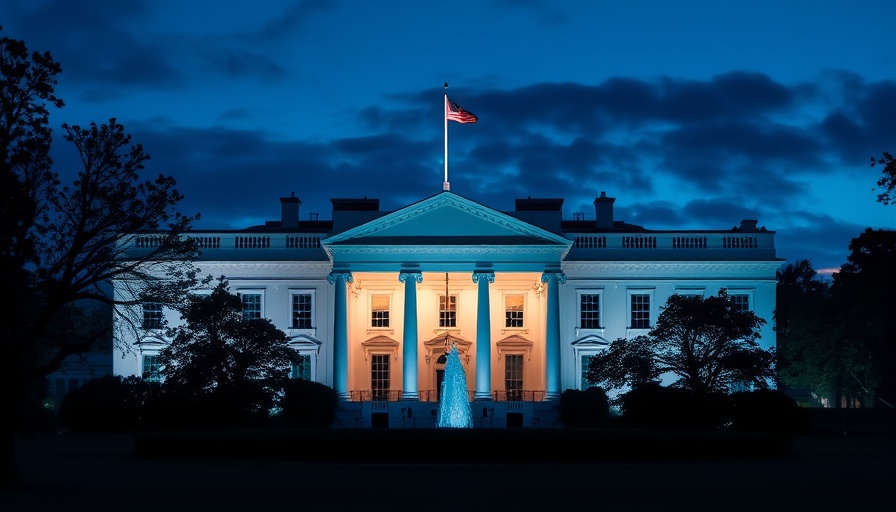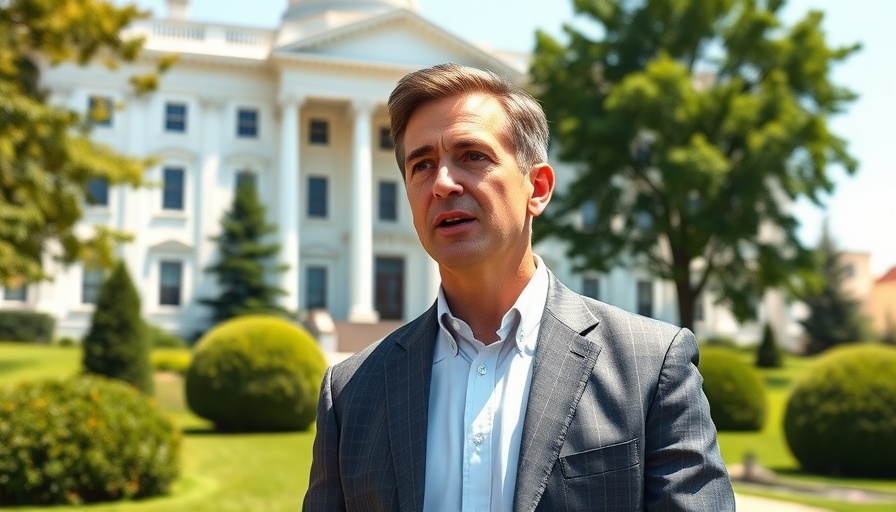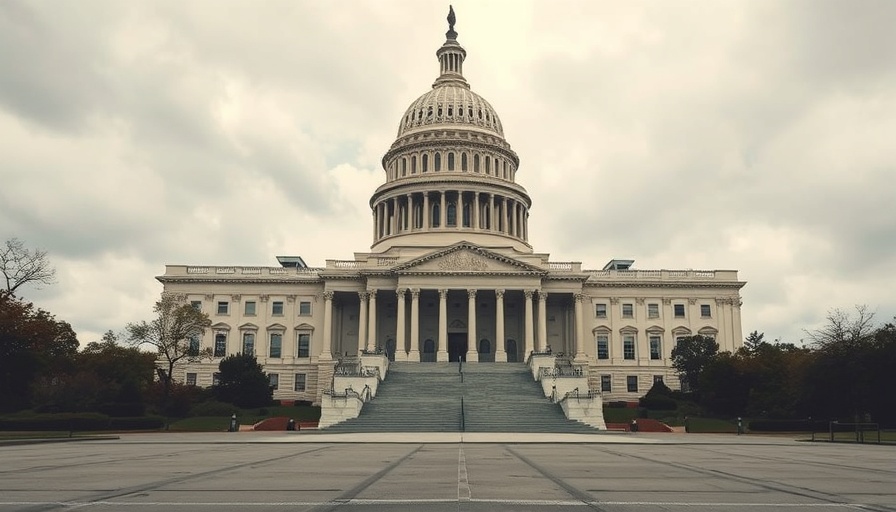
The Consequences of Losing the U.S. Credit Rating
The recent downgrade by Moody's on the U.S. government's credit rating from a prestigious Aaa to Aa1 is a significant event that deserves attention. This marks the culmination of a trend that has seen the federal credit rating slide over the years, with Standard & Poor's and Fitch Ratings already taking similar actions in previous years. Moody's cited persistent government failures to address escalating national debt levels as a key factor in this decision.
Understanding the Implications of Debt Levels
Moody's assessment warned of an expected widening of federal deficits, which could rise to nearly 9% of the U.S. economy by the year 2035 compared to 6.4% in 2024. These deficits will be driven by increasing interest payments on debt, growing entitlement spending, and insufficient revenue generation. This outlook poses pressing concerns not only for governmental fiscal policy but also for average Americans who may experience future economic repercussions.
Political Stalemate Contributing to Financial Woes
The political landscape plays a critical role in America's financial direction. The current gridlock in Washington underscores a refusal to adequately address budgetary issues. A long-standing division on fiscal policy persists, where Republicans favor tax cuts without addressing potential revenue increases, and Democrats grapple with the reluctance to cut spending on essential services. These conflicting priorities contribute to an ongoing cycle that stymies any meaningful resolution to financial instability.
How Does This Affect Ordinary Citizens?
For the average American, the downgrade can lead to higher borrowing costs and economic uncertainty. A diminished credit rating implies that the government might have to pay higher interest rates on its debt, which can trickle down to consumers. Increased costs for mortgages, car loans, and personal loans are potential fallout from such a rating change, impacting everyday people directly.
Future Outlook and What Lies Ahead
In light of the recent actions by Moody's, citizens and investors alike should be vigilant about changes in economic policy and political agreements that may arise. The current situation presents a pivotal moment for America's economy and illustrates a need for strategic fiscal management. While challenges are present, proactive governance could usher in a renewed commitment to addressing debt and stabilizing the nation’s financial standing.
As discussions around budget cuts and potential tax reforms continue, it's essential that citizens remain informed and engaged with the political processes that shape their economic environment. This will not only prepare them for the potential impacts of changes in credit ratings but empower them to advocate for solutions that benefit the broader community. It's time we all pay attention to how these decisions affect not just budgets, but our daily lives.
 Add Row
Add Row  Add
Add 




Write A Comment